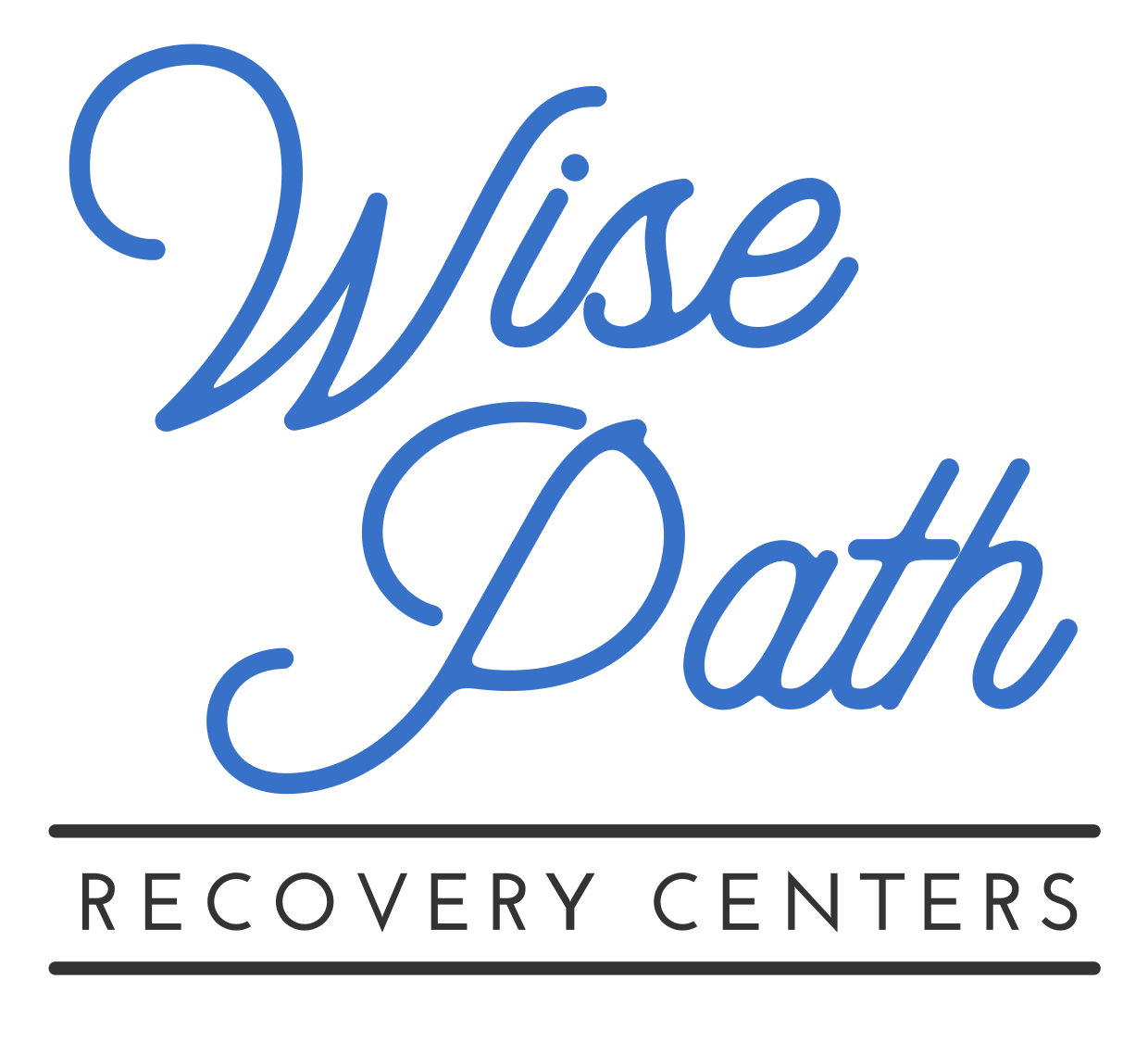When someone who has been drinking regularly decides to stop, their body often needs time to adjust. This period of physical and emotional change is known as alcohol withdrawal, and it can come with a wide range of symptoms. For some, it may feel like a rough patch. For others, it can be overwhelming and even dangerous.
Understanding the symptoms and the general timeline can help you or someone you care about prepare for what lies ahead and get the right kind of help along the way.
Why Alcohol Withdrawal Happens in the First Place
Alcohol affects the brain’s chemistry, slowing down how the nervous system functions. Over time, the brain and body learn to operate with alcohol in the system. So when drinking suddenly stops, the body has to scramble to regain balance. That shift can cause intense physical and mental symptoms.
It is not a matter of willpower or weakness. These reactions are a biological response to no longer having a substance the body had adapted to.
Common Alcohol Withdrawal Symptoms to Look Out For
The symptoms of alcohol withdrawal are not the same for everyone. They can depend on how long a person has been drinking, how much they usually drink, and other health factors. Still, there are some common signs that show up in many people:
- Sweating or rapid heartbeat
- Trouble sleeping or nightmares
- Tremors or shakiness
- Feelings of anxiety or panic
- Upset stomach, nausea, or vomiting
- Mood swings or irritability
- Confusion or feeling mentally foggy
- Seizures in severe cases
It is important to remember that alcohol withdrawal symptoms can be both physical and emotional. While some people deal mostly with body-related symptoms, others experience powerful emotional distress.

Alcohol Withdrawal Symptoms Timeline: What to Expect
Everyone’s body responds differently, but withdrawal symptoms tend to follow a pattern over the first several days after quitting.
6 to 12 hours after the last drink:
Mild symptoms often start here. These may include sweating, nausea, headaches, or feelings of nervousness.
12 to 24 hours:
Shakes, restlessness, and irritability may begin or worsen. Some people might start to experience hallucinations or heightened anxiety.
24 to 72 hours:
This is often the most intense period. Serious symptoms like seizures or delirium tremens (DTs) can occur. DTs are rare but extremely dangerous, and medical help is essential if they appear.
3 to 7 days:
Most physical symptoms begin to ease up. However, emotional symptoms like depression, cravings, and sleep problems may continue.
Beyond the first week:
While the most uncomfortable symptoms usually pass within a week, some people experience lingering effects like low mood, fatigue, or anxiety. This stage is sometimes called post-acute withdrawal and may last several weeks.
Why Medical Detox Makes a Difference
Trying to detox alone can be risky, especially if withdrawal becomes severe. In some cases, it can be life-threatening. That is why seeking professional care is often the safest option.
At Wise Path Recovery Centers, we offer alcohol and drug detox in West Virginia that puts your comfort and safety first. With around-the-clock support and medical care, we help ease symptoms and reduce the risks that can come with withdrawal.
Drug & Alcohol Rehab and
Addiction Treatment in West Virginia
Get in touch with our recovery center today at 866-860-9772
Support Does Not End After Detox
While detox is a critical step, it is only the beginning of the journey. Real recovery happens over time, with continued guidance, structure, and care.
That is where outpatient services come in. These programs are designed for people who want to keep moving forward while balancing daily responsibilities. You can receive therapy, peer support, and relapse prevention tools without putting your entire life on hold.
Everyone’s Path Is Different
There is no one-size-fits-all approach when it comes to recovery. Some people may feel better in a matter of days, while others need longer support to heal fully. Age, overall health, mental health history, and past trauma can all influence how alcohol withdrawal symptoms show up and how long they last.
That is why Wise Path Recovery Centers focuses on personalized care. We take the time to understand your story and build a plan that matches where you are and where you want to go.
Drug & Alcohol Rehab and
Addiction Treatment in West Virginia
Get in touch with our recovery center today at 866-860-9772
A Safe Place to Begin
If alcohol is becoming a problem and you are thinking about making a change, you do not have to do it alone. Whether you are concerned about the physical symptoms of withdrawal or the emotional toll drinking is taking on your life, help is available.
At Wise Path Recovery Centers, our goal is to meet you with care, compassion, and real solutions. Healing is possible, and your first step can start today.
FAQs About Alcohol Withdrawal
Can alcohol withdrawal symptoms be life-threatening?
Yes. In some cases, especially if someone has been drinking heavily for a long time, symptoms can include seizures or a serious condition called delirium tremens. Medical supervision is strongly recommended.
How long do alcohol withdrawal symptoms usually last?
Most symptoms peak within 72 hours and gradually improve over a week. However, emotional symptoms and cravings can continue for longer without support.
Do all people experience the same alcohol withdrawal symptoms?
No. Some may have only mild symptoms, while others may face severe physical or psychological effects. Everyone’s experience is different.
What kind of help is available during withdrawal?
Professional detox programs offer medical support, medication to reduce discomfort, and a calming environment. Outpatient care can follow detox to provide ongoing recovery support.
Can you recover from alcohol dependence without inpatient care?
Yes, many people begin healing through outpatient programs that offer therapy and recovery tools while allowing them to stay at home or continue working.

